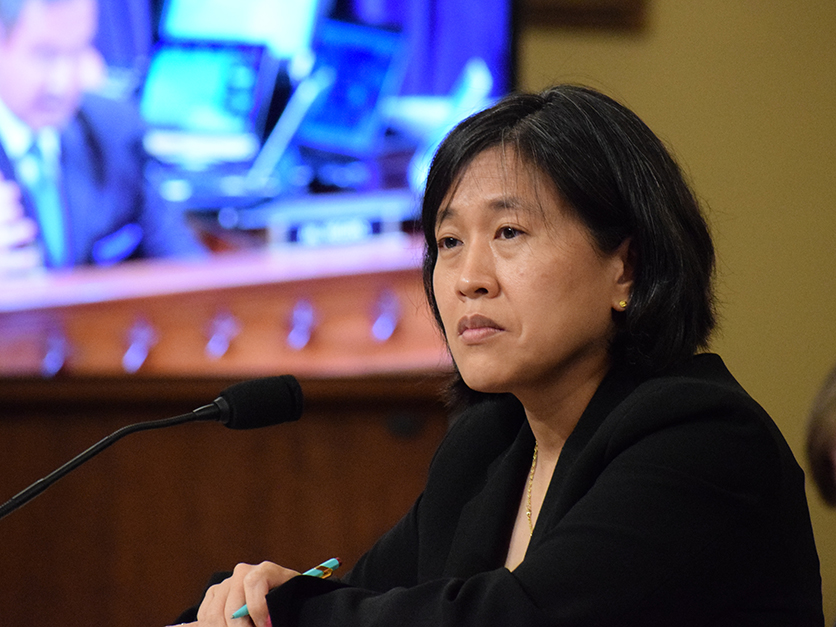Eighty-seven House members have signed a letter urging the Biden administration to focus on improving agriculture trade as it builds foreign relationships under the Indo-Pacific Economic Framework.
The Indo-Pacific region, including countries such as India, the Philippines and Vietnam, offers the potential for significant trade expansion, but that will require removing tariff and non-tariff trade barriers, the bipartisan roster of lawmakers stressed in the letter addressed to U.S. Trade Representative Katherine Tai and Agriculture Secretary Tom Vilsack.
“While we understand the Framework will not initially be a comprehensive trade agreement that deals broadly with tariffs, this should not preclude efforts to increase agricultural market access by reducing our trading partners’ tariffs, both in the interest of U.S. exporters and our trading partners’ interest in enhancing their access to high quality, affordable agricultural products,” the lawmakers wrote. “Prioritizing agriculture in Framework discussions will benefit both domestic farmers and ranchers and consumers here and abroad.”
Leaders of the U.S. ag sector also chimed in with statements that the lawmakers released Wednesday.
“The Indo-Pacific Economic Framework is a strong approach to improving economic relationships in this vital region for U.S. agricultural exports,” said American Farm Bureau Federation President Zippy Duvall. “Our focus is on removing trade barriers to agricultural products and expanding access to American goods in the region.”
Looking for the best, most comprehensive and balanced news source in agriculture? Our Agri-Pulse editors don't miss a beat! Sign up for a free month-long subscription.
Tai was also pressed during a Ways and Means Committee hearing by Rep. Suzan DelBene, D-Wash., to explain why the Biden administration has no plans for including new market access measures in the Indo-Pacific Economic Framework.
While there are no plans to push for tariff-slashing deals under the Framework, Tai responded, the U.S. will be improving the conditions for international trade.
“With respect to the Indo-Pacific Economic Framework, our intention is to bring to our partners in the region really a 21st century trade conversation to say, 'Let’s look at the opportunities for creating something economically meaningful that goes beyond what we’ve done traditionally.'”


